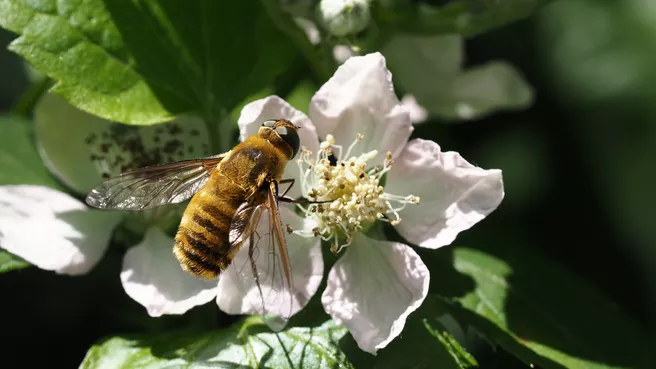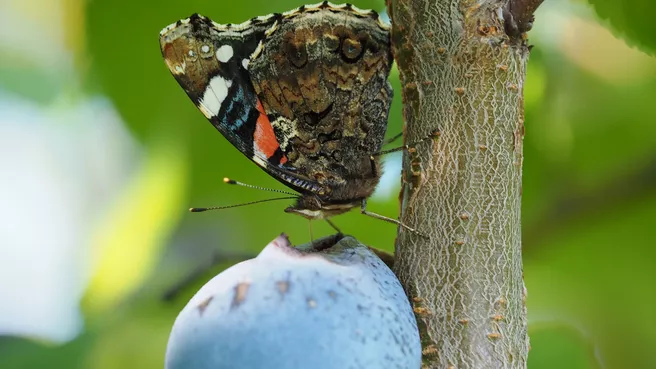To counteract the decline of pollinators and thus pollination services, it is important to restore their flowering and nesting habitats. This is important for biodiversity in general and for agricultural yields and food security.
RestPoll will, together with stakeholders ranging from individual land managers to governments, focus on measures and cross sectoral approaches to restore pollinators and their services. Central to RestPoll is the establishment of a Europe wide network of pollinator restoration case study areas and Living Labs (LL), which are unique hubs for experimentation, demonstration, and mutual Restoration activities in the eighteen case study areas in fourteen European countries are partly already set up by stakeholders in cooperation with RestPoll researchers or vice versa.
The RestPoll consortium combines expertise from sixteen countries ranging from natural and social scientists, twenty-three research institutions, one NGO, three businesses, three ministries and one national park. Stakeholders along the food value chain will be engaged through newly developed participatory approaches at diverse social, ecological, and political scales.
Scientific contact:
Prof. Dr. Sara Leonhardt
TUM School of Life Sciences
Plant-Insect Interactions
sara.leonhardt(at)tum.de

